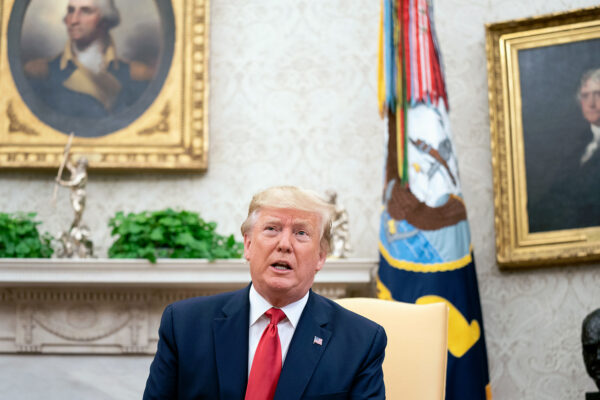
The killing of Iranian military leader Qasem Soleimani in Iraq could turn out to be a brilliant gamble that in the long term stabilizes the greater Middle East.
More likely, it will be a major political and strategic problem for the region and the United States broadly speaking within the context of renewed great-power competition, particularly with respect to Sino-American competition.
Strategy
If the drone strike that killed Soleimani, who led Iran’s expeditionary Quds Force, were connected to a larger strategy, it might be a good move that could disengage the United States from the region and do so from an apparent position of strength.
However, if this was meant as a pure deterrent, it will likely fail. Iran is already backed into a significant corner by American sanctions. Killing their top general is more likely to yield retaliation than deterrence.
This is somewhat reminiscent of the oil embargo on Japan that was the proximate cause of Pearl Harbor.
If the United States uses this as a fig leaf to pull out of the Middle East and focus more resources on China, it could turn out well. But it needs to move out before Iran escalates and America looks weak.
Gamble
I’ve argued that a chaos, Richelieu strategy in the Middle East could be leveraged geopolitically if the United States had better relations with Russia and increased oil prices from destabilization would hit China harder than the West.
But there are reasons to be skeptical that Trump, or his present advisors, are thinking this way.
More likely this is meant as retaliation for Iranian provocations and they are gambling that Iran will back down.
That’s a huge gamble given the domestic turmoil Iran is in and the closing window of opportunity for Iranian regional gains due to demographic challenges. Again, this reinforces a parallel to Imperial Japan in 1941.
Distraction
The potential for a hot, both overt and covert, war in the Middle East, which the United States should start to view as a strategic backwater, is real. Americans could once again be distracted by the sands of Mesopotamia, as they were after the September 11, 2001 terrorist attacks and with the 2003 invasion of Iraq — which helped empower Iran in the first place — when the focus should be on China.
As Frederick the Great said, “He who defends everything defends nothing.”
Time will tell. It is possible Iran will retaliate in a more symbolic fashion and restrain itself, opening the door to the negotiations Trump seems to want. But this is an unlikely scenario. If the conflict escalates, it could well turn out to be the biggest mistake of Trump’s presidency.
That will be unfortunate. Trump ran on — and was right to do so when few other politicians would — getting the United States out of regional conflicts and refocusing on great-power, especially Chinese, competition.
Friday’s attack in Iraq undermines some of Trump’s own election themes and opens the door to the opposite happening at a critical geopolitical moment.
